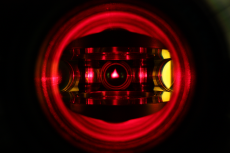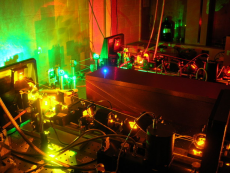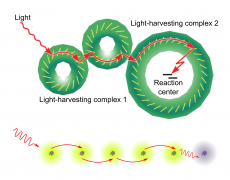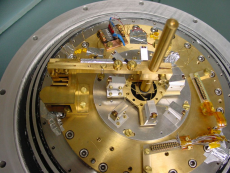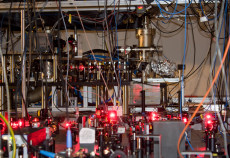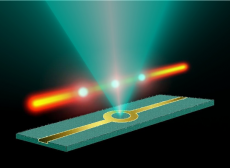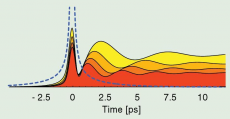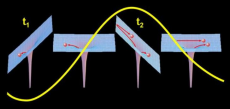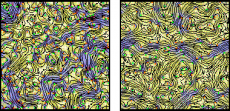CQD Special Seminars
17. January 2018 14:00
Seminarraum, Institut für Theoretische Physik, Philosophenweg 19Multiply quantised vortices in fermionic superfluids: angular momentum, unpaired fermions, and spectral asymmetry
Dr. Sergej Moroz
Technische Universität München
Quantized vortices are a hallmark of superfluids and superconductors. In this seminar I will talk about the orbital angular momentum Lz of an s-wave paired superfluid in the presence of an axisymmetric multiply quantised vortex. For vortices with winding number |k| > 1, I will argue that in the weak-pairing BCS regime, Lz is significantly reduced from its value Lz=\hbar N k/2 in the BEC regime, where N is the total number of fermions. This deviation results from the presence of unpaired fermions in the BCS ground state, which arise as a consequence of spectral flow along the vortex sub-gap states.

